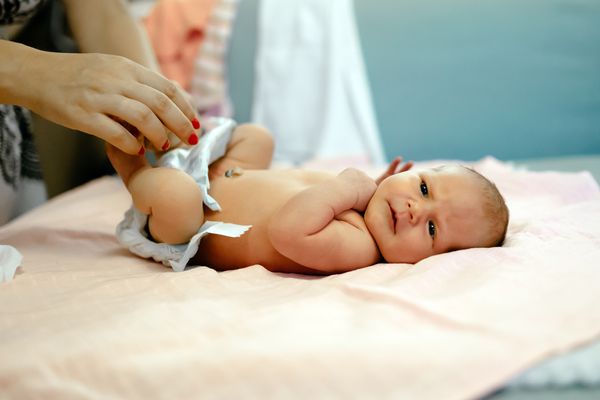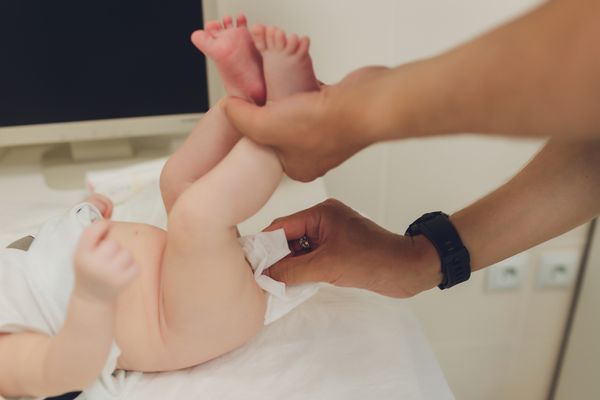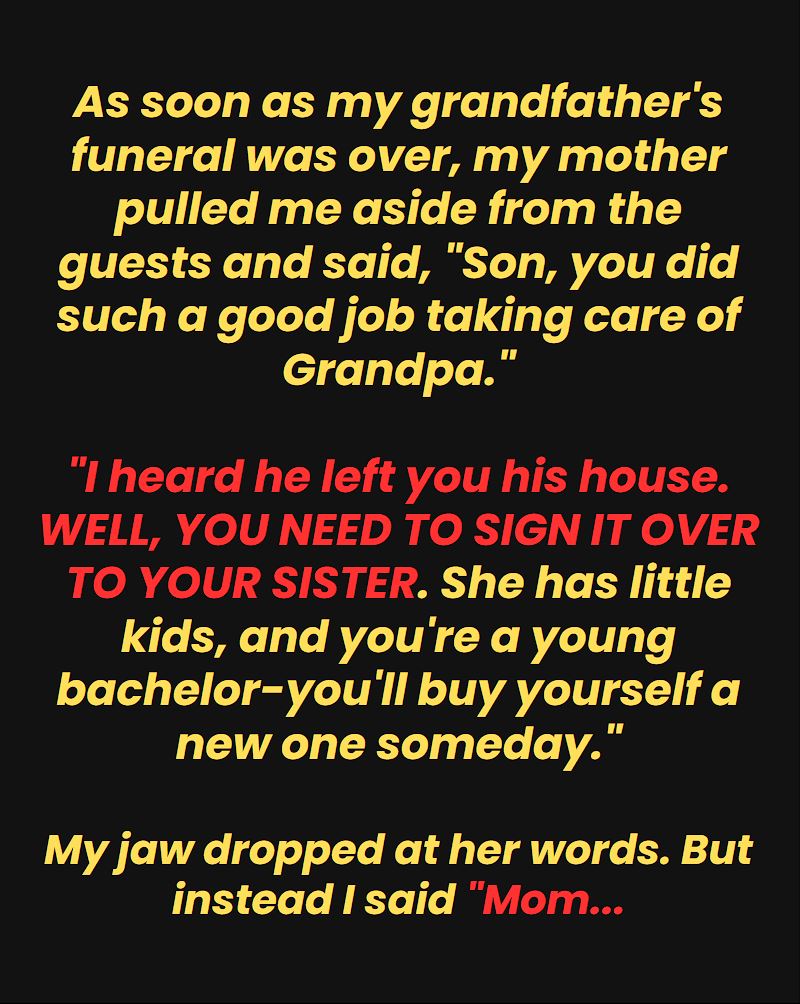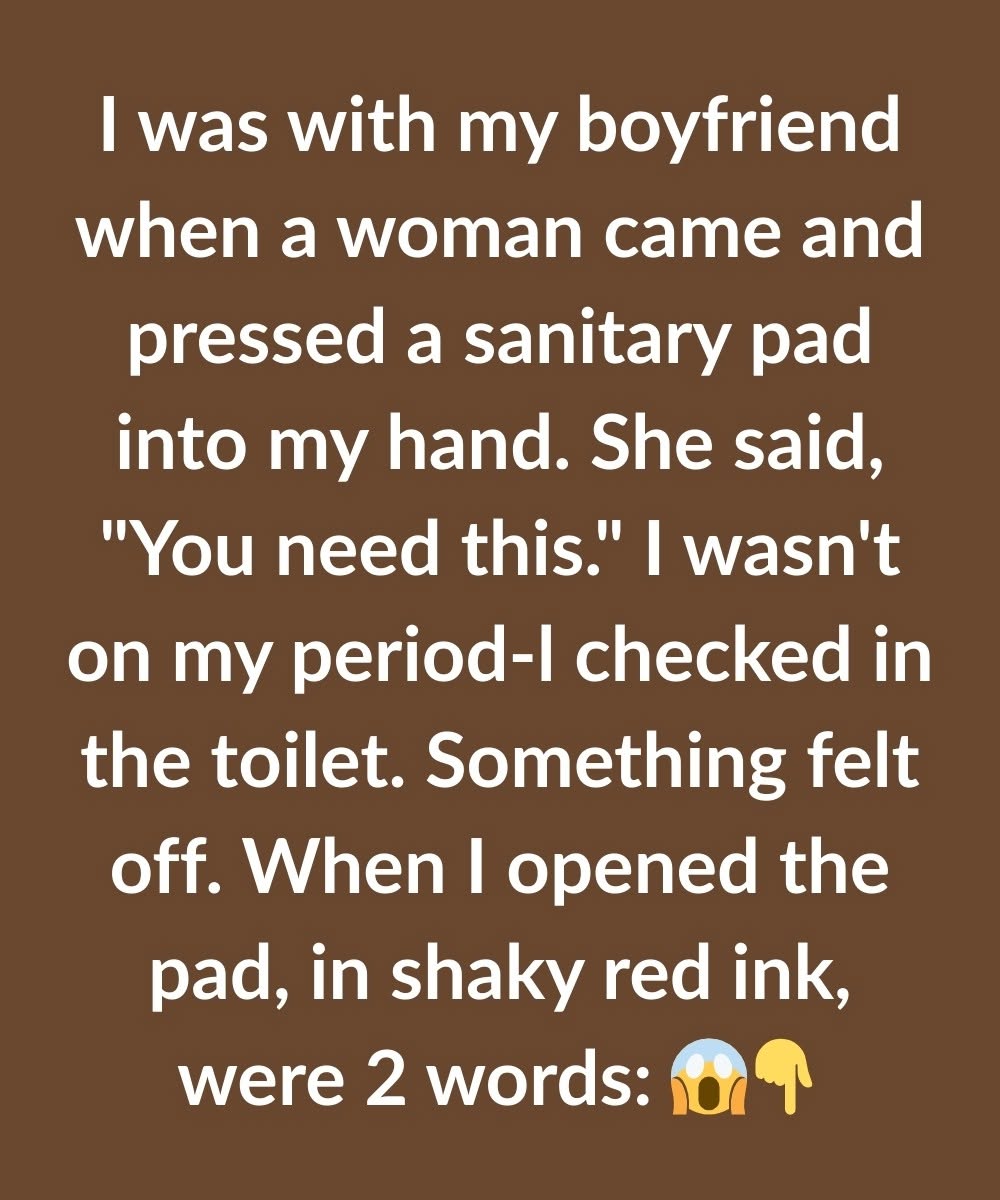
An Australian “sexuality educator” has sparked a debate online by suggesting that parents should ask their babies for permission before changing their diapers. This idea of a “culture of consent” starting at birth has piqued curiosity and confusion among netizens. Some have even wondered if it’s necessary to get consent from pets like cats before changing their litter trays.
In a rapidly evolving world of parenting techniques, the topic of consent is finding its way into unexpected areas, including diaper changes. While asking a baby for consent may seem impractical due to their lack of verbal skills, Deanne Carson, the advocate of this approach, argues that it’s more about laying the foundation for consent and respectful boundaries as early as possible.
Carson, a self-proclaimed “sexuality educator, speaker, and author,” suggests that this practice is not about waiting for a formal answer from a baby, but rather encouraging a two-way communication path between parent and child. It’s about emphasizing respect for the child’s body and autonomy. By narrating actions and paying attention to body language, parents can introduce infants to the concept of personal agency.
The emphasis on trust and communication is vital in building healthy relationships between parents and their children. Pediatricians and early childhood experts often stress the value of responding to a baby’s non-verbal cues, such as coos, giggles, and movements. Incorporating consent into diaper changes aligns with this by making babies conscious, on some level, of what is happening and involving them in the process.
However, not everyone sees this approach as practical or necessary. Critics argue that infants are too young to understand the concept of consent. Some have labeled the idea of asking a baby’s permission to change their nappy as “lefty lunacy” and even considered it “the most bizarre idea of all time.” These critics believe that such an approach may lead to confusion and dysfunction within families.
While Deanne Carson’s remarks have sparked a firestorm of conversations online, with many mocking her ideas and criticizing her credentials, there are those who defend her intentions. They argue that she aims to encourage a conversation about consent among children, although the example she used may have taken it to the extreme. They acknowledge that babies cannot explicitly consent to anything due to their developmental stage. Nevertheless, they highlight the importance of creating a climate of respect in the home and maintaining open communication with infants.
In the end, the decision to “ask” for consent during diaper changes may ultimately come down to individual parenting styles and comfort levels. Some parents see it as an additional way to cultivate a loving and respectful relationship with their infants, while others may choose to engage, observe, and respond to their baby’s needs without explicitly asking for consent. It’s important to be mindful and communicative with infants, even if the focus is not strictly on consent.
What are your thoughts on Deanne Carson’s suggestion? Should parents ask babies for permission when it comes to dirty diapers? We would love to hear your perspective!
READ MORE
- Mom advocates for only changing baby diapers with consent from the infant
- Dad leaves fake packages filled with poopy diapers for porch pirates




